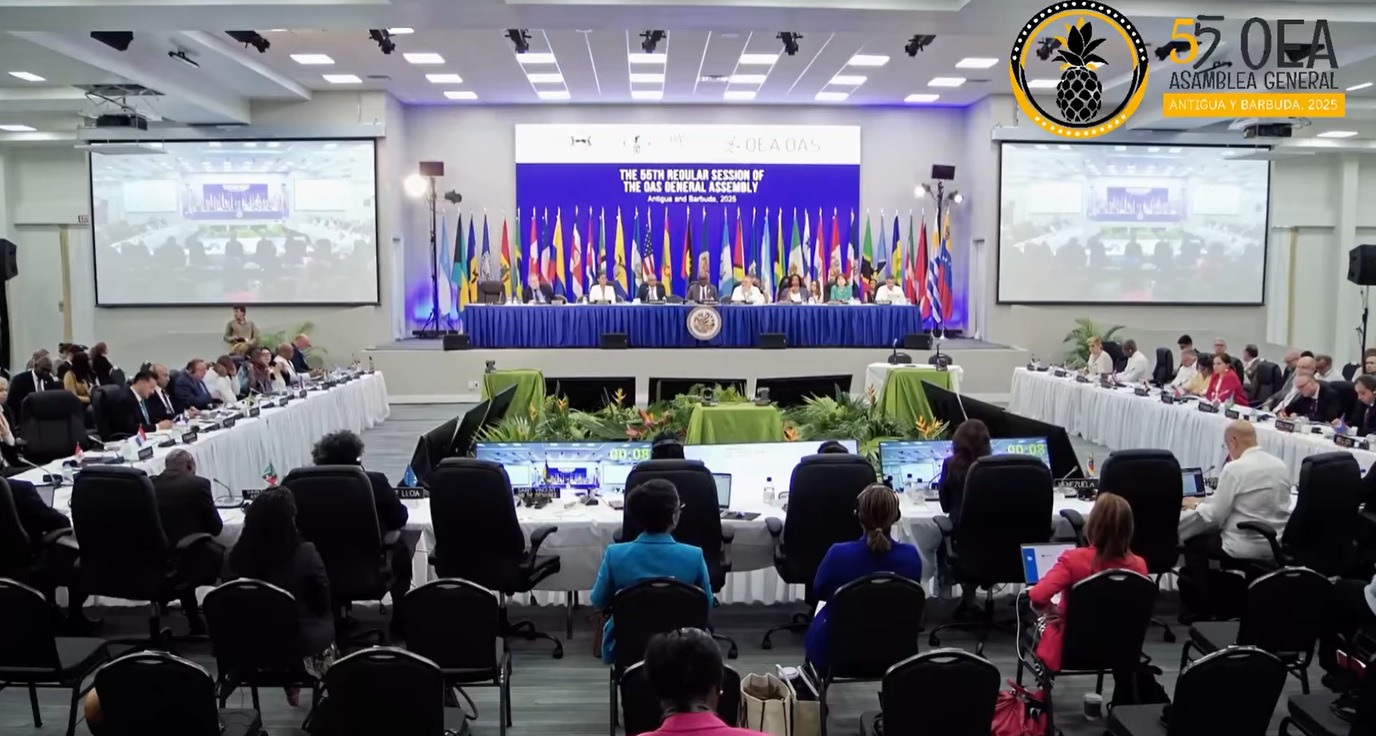At the 55th General Assembly of the Organization of American States (OAS), held in June 2025, two new members were elected by acclamation to the Board of Directors of the Justice Studies Center of the Americas (CEJA) for the 2026–2028 term. The newly appointed Board Members are Catalina Fernández Carter (Chile) and Lise Hilda Christelle St-Natus Cavé (Haiti). They will assume their duties in January…
 Liliana Matos
Liliana Matos 
